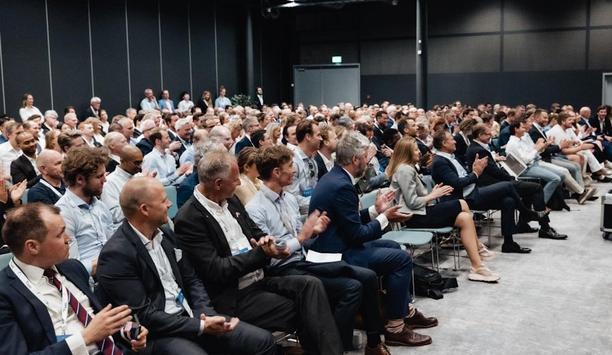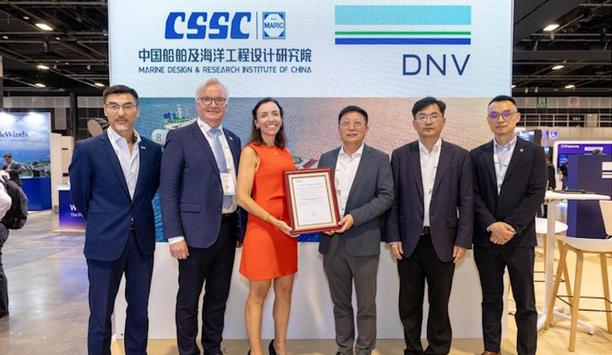The Panama Canal was emphasised as a key player in global trade during the New York Maritime Forum (NYMF). The Canal Administrator, Ricaurte Vásquez Morales, presented the achievements reached in fiscal year 2024 (FY-2024), which has optimised the reliability and sustainability of this maritime route.
In his speech, Ricaurte Vásquez Morales shared official data for FY-2024, highlighting some of the operational accomplishments of the Panama Canal during a year of particular attention due to climate conditions caused by a lack of rainfall.
Some of these achievements, compared to fiscal year 2023, are:
- 1% reduction in wait times, which translates to an average of about 15 hours less compared to FY-2023.
- 1% reduction in transit times (-0.89 hours), from when the vessel arrives at the first lock until it exits the last one.
- 4% reduction in time spent in the waters of the Canal (-15.98 hours).
- 5% reduction in water usage per transit for Neopanamax vessels (-0.0394 hm³).
Panama Canal registered 9,944 transits in FY-2024
During FY-2024, the Panama Canal registered 9,944 transits and 423 million tons CP/SUAB
During FY-2024, the Panama Canal registered 9,944 transits and 423 million tons CP/SUAB (Universal Canal Ship Tonnage System). Of the total transits, 7,084 were Panamax vessels and the remaining 2,852 were Neopanamax vessels.
Container ships, chemical tankers, and bulk carriers led the transits through the Panama Canal during FY-2024. These data reflect the Canal’s commitment to sustainability, providing a more efficient service to its customers and reinforcing its competitiveness in global trade.
Technological innovation and maritime finance
During the event, which brought together industry stalwarts and experts, critical topics such as technological innovation and maritime finance were discussed. The Administrator emphasised that these improvements not only benefit the Panama Canal, but also strengthen its role in an ever-evolving commercial environment.
The NYMF, organised by Capital Link and supported by Nasdaq and NYSE, serves as a platform for exchanging ideas about the future of maritime trade, highlighting the importance of collaboration in seeking sustainable solutions. Its goal is to address challenges and opportunities in maritime trade, sustainability, innovation, and the reliability of supply chains.










